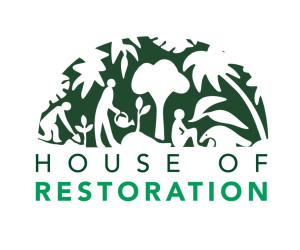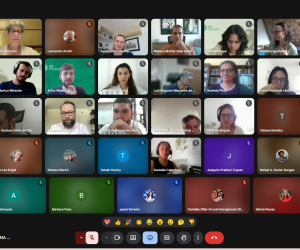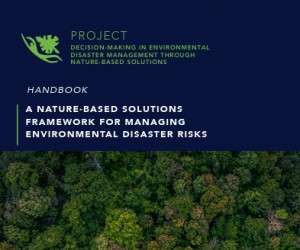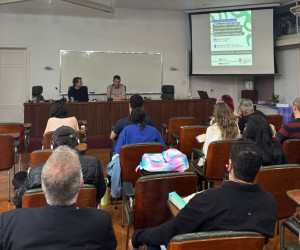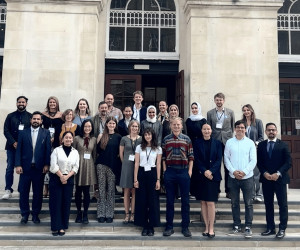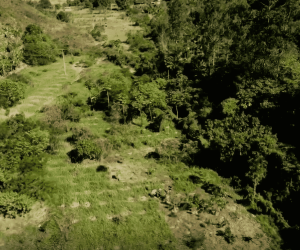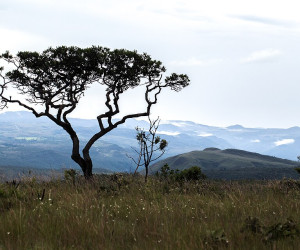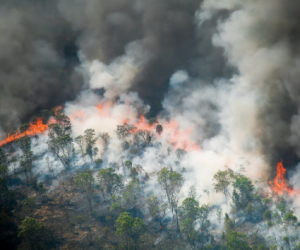News > News
01.10.25
IIS brings together experts to discuss ecosystem restoration in the run-up to COP30
On 29 August, the IIS held the event “Ecosystem Restoration for the Global Challenges of Rio-92: Integrating Climate (UNFCCC), Biodiversity (CBD) and Land Degradation (UNCCD)”. Representatives from government, academia, the financial sector and civil society discussed the importance of scaling up restoration actions in Brazil to tackle land degradation, preserve biodiversity and address climate change.
“Science and inclusion must be the basis for guiding decisions in the country. Brazil has every condition to lead this movement. We have the planet’s greatest biodiversity, extensive degraded areas suitable for restoration and a committed scientific, political and social community,” said Bernardo Strassburg, IIS co-founder and director of science and innovation, and professor at the Department of Geography and Environment at PUC-Rio, in his closing remarks.
Increasing investment in sustainability, while also promoting socio-environmental justice and the inclusion of communities, were also key topics addressed at the event. The initiative formed part of the Rio Climate Action Week and anticipated central discussions for COP30, to be held in November in Belém, Pará.
In the opening session, IIS executive director and professor at PUC-Rio’s Department of Geography and Environment, Agnieszka Latawiec, highlighted the interdependence of environmental challenges and the need for joint solutions. “Since Rio-92 we have known that climate, biodiversity and land degradation are deeply connected. Restoration is an opportunity to integrate agendas, expand partnerships and transform knowledge into impact. It is not only an environmental commitment, but also a state and societal project.”
Glaucio Marafon, director of PUC-Rio’s Department of Geography and Environment, who also spoke in the opening session, stressed the importance of territoriality: “Land use planning is fundamental for climate, biodiversity and degradation policies to achieve effective results,” he explained.
Integrated solutions for the future
The first panel addressed restoration as an integrated solution for climate, biodiversity and land degradation, contributing to the coordinated implementation of the commitments under the three Rio Conventions – UNFCCC, CBD and UNCCD – while also delivering social and economic benefits.
Marie Ikemoto, Deputy Secretary at the Rio de Janeiro State Secretariat for Environment and Sustainability, presented state-level goals and tools: “Our challenge is to expand forest cover from 33% to 40% by 2050, which means restoring 440,000 hectares. To this end, we developed the Olho no Verde programme, which monitors deforestation and natural regeneration using high-resolution images, alongside strategies for ecological corridors and payment for environmental services.”
Nicholas Locke, president of the Guapiaçu Ecological Reserve (REGUA), also spoke, sharing practical experience. “Today REGUA manages around 15,000 hectares, employs 45 people and maintains 30% of its budget from tourism, 30% from restoration projects and 40% from donations. This revenue returns to local communities, showing that restoration can generate jobs and income as well as conserve biodiversity.”
In his remarks, Márcio Macedo, representative of the National Bank for Economic and Social Development (BNDES), underlined the bank’s role in financing: “BNDES started with small calls for proposals, which allowed us to learn to deal with costs, technologies and stakeholders. Today we have the largest restoration credit portfolio in the bank’s history, including programmes such as Floresta Viva and Restaura Amazônia. Restoration is not only environmental, it is a civilisational issue, because it proposes a new way of organising society.”
Dora Nascimento, from the coordination of the Rio People’s Ecological Council, stressed the social dimension of socio-environmental policies. “Restoration must be an instrument of emancipation and inclusion. The Rio de Janeiro Restoration Bill proposes remunerating local knowledge, strengthening public bodies such as INEA and Faperj, and guaranteeing the rights of Indigenous and quilombola communities, who are the original restorers.”
Science, innovation and finance
The second panel addressed science, innovation and finance, focusing on the role of research, partnerships and hybrid financial instruments — such as blended finance and market mechanisms — to enable large-scale, high-quality restoration.
Thiago Belote, Director of Forests at the Ministry of the Environment and Climate Change, explained the ongoing update of the National Plan for the Recovery of Native Vegetation (Planaveg), in which IIS participates.
“Restoration is a development agenda involving food security, job creation and inclusion. To reach the 12 million hectares set out, we are working in three areas — permanent preservation areas, integrated production systems and public lands. This will only be possible with decentralised governance and social participation.”
During the panel, Bernardo Strassburg reinforced the role of science. “Brazil leads in knowledge of restoration ecology. Now we need to turn scientific scenarios into concrete implementation, ensuring permanence and quality in projects.”
Ilona Szabó, president of the Igarapé Institute, highlighted the financial challenges of investing in restoration actions. “Land concessions for restoration have great potential, but still present high risks for investors. It is necessary to build state policies, with a shared risk perspective, coordination across powers and multilateral mechanisms that bring nature to the centre of the development and investment agenda.”
Rubens Benini, Forests Director at TNC Brazil and coordinator of the Atlantic Forest Restoration Pact, presented the Pact’s Facilitating Agency, which “seeks to bring together different stakeholders to accelerate implementation. The challenge is to transform territories restoring 2,000 hectares a year into territories capable of multiplying this scale through governance and professionalisation,” he noted.
Closing the event, Bernardo Strassburg stated that the convergence of science, finance, governance and socio-environmental justice is essential to transform local experiences into national solutions.
“COP30, in Belém, is a historic opportunity to consolidate restoration as a link between international commitments and sustainable development strategies.”

